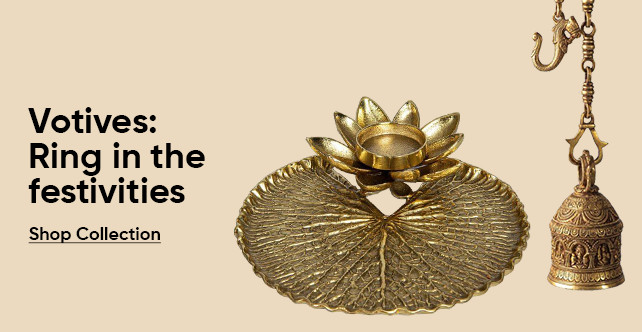A Journey Into The Intriguing Origins And Customs Of Raksha Bandhan

Did you know that the traditional Hindu festival of Raksha Bandhan has many fascinating customs and stories beyond the popular image of brothers and sisters tying rakhis?
Here are 5 interesting and lesser known aspects of the Indian festival…
Rakhi for protection, not just siblings: While the most common form of Rakhi involves sisters tying a thread around their brothers' wrists, the original purpose was for women to tie Rakhis on anyone they wanted to protect from harm. This could include sons, husbands, fathers, neighbors, or even rulers!
Rakhi for peace and diplomacy: In ancient times, Rakhi was also a way to forge alliances and ceasefire agreements between warring kingdoms. Queens and princesses would send Rakhis to their rivals, and if the Rakhi was accepted and tied by the enemy king, it symbolized a commitment to protect the sender and maintain peace. According to a legend popularized by the 1941 film Sikandar, Alexander's wife Roxana offered a rakhi to Porus, who accepted it gladly!
Rakhi variations across regions and cultures: Rakshabandhan is celebrated in slightly different ways depending on the region and community in India. For example, in some parts of West Bengal, people tie Rakhis made of pure silk and decorated with trinkets like bells, while in some parts of Maharashtra, women tie Rakhis on their brothers and also apply haldi-kumkum on their foreheads. There are also variations in the type of sweets exchanged, the songs sung, and the legends behind the festival.
Rakhi beyond blood relations: In modern times, Rakhi has also become a way to celebrate relationships beyond traditional sibling bonds. Many women tie Rakhis on their male friends, colleagues, or even pets as a sign of affection and loyalty.
Rakhi as a bridge between religions and genders: Rakshabandhan has evolved into a festival that transcends religious and gender barriers. Nowadays, it's common to see sisters tying Rakhis on their Muslim, Christian, or Buddhist brothers, or for men to tie Rakhis on each other as a symbol of solidarity and respect.
Stay tuned to this space for Craft Maestros’ upcoming collection of stunning handcrafted Rakhis, made by India’s finest artisans with a whole lot of love!













